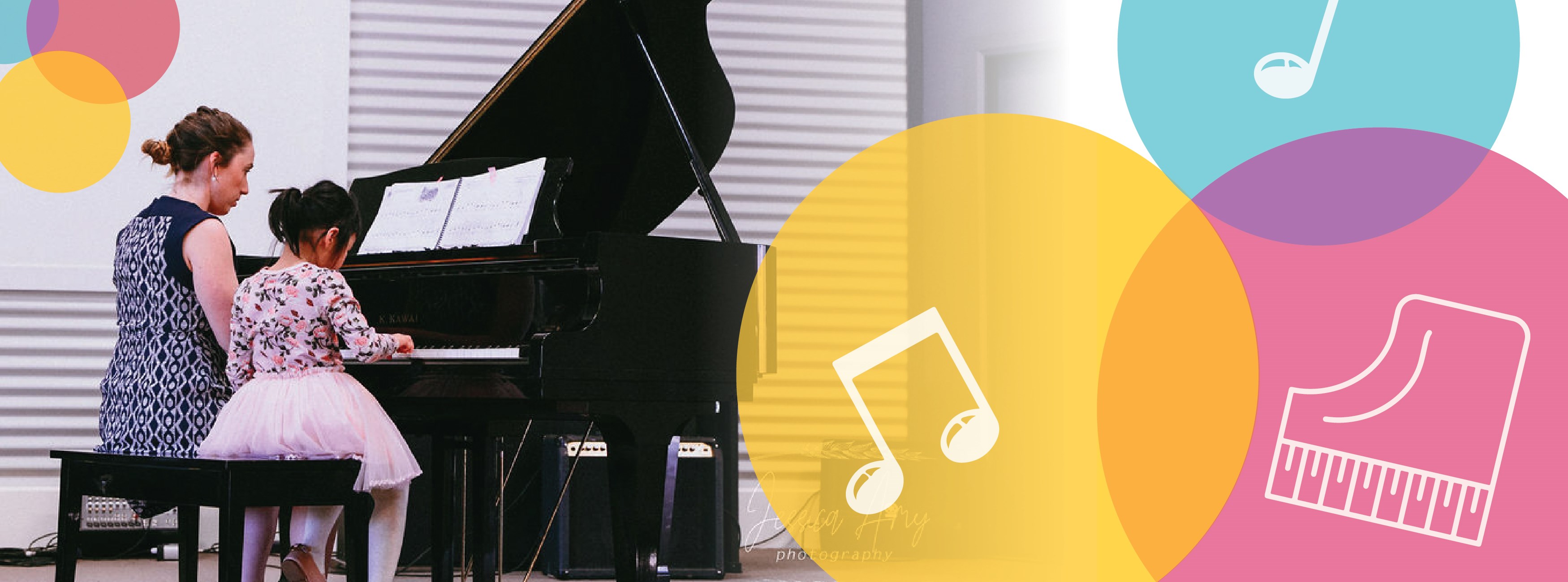This blog has moved to a bigger and better page here
Buying an Instrument
Tuesday, January 3, 2023 by Gemma Wilkins | Resources
Buying an Instrument - Advice for the newbie
Signing up a child for music lessons can be a big decision for a family. Like any extra curricular activity there are additional costs involved that all families have to weigh up. Let's unpack the considerations you should make before jumping into buy an instrument.
Cost
The pricing of pianos varies greatly, and families before purchasing an instrument should identify how much they are willing to spend. For a beginner pianist, it is possible to get something under the $1000AUD mark that will provide sufficient longevity. The main options are acoustic or digital, both can support practice and progress at home.
Digital Pianos - Digital pianos are full sized (88 keys), feel or play very similar to a real piano and can play loud and soft based on how hard you hit the key. These are not to be confused with keyboards, that are often smaller, feel different and don't play differently when you hit the key harder.
There are a number of digital pianos that are reliable, good quality and suitable for all levels of piano players.
The below list runs about $1000 brand new, or $500 second hand. Choosing brands with strong support services is important.
My top picks are:
Yamaha P125
Kawaii ES110
Korg B2
If the digital piano has the option to include a pedal stand I would strongly suggest going with that option. Not only does it look and feel more like a piano, but the function of the pedals is important too. It should look something like the below.

Acoustic Pianos
When looking to purchase an acoustic piano, it is very important to ensure that a qualified technician looks over the instrument before purchase. A technician can identify:
- Frequency of service
- Mechanical faults or issues
- Damage
- Age
- Suitability for tuning
These could include:
- Yamaha
- Kawaii
- Bechstein
- Steinway ($$$)
Maintenance
Digital pianos require minimal maintenance. They move easily and keep their tune. Technical assistance may be required at times if there is any damage or malfunction, but their useful life can be up to and including 10+ years.
Acoustic pianos on the other hand require maintenance regularly, and without upkeep can deteriorate in quality quickly.
General maintenance includes:
- Keeping the piano in a temperature controlled environment
- Tuning regularly by a qualified technician, at least 12 monthly, more if used for many hours each day
- Replacing of hammers, felts or mechanism as required
- Dusting, polishing
- Controlling vermin
Additional to regular maintenance, acoustic pianos take up more space in the home, so owning a large piece of furniture like that can mean increased moving costs. All things to consider when purchasing.
Quality
A good quality instrument can promote good quality practice. A poor quality instrument can create resistance in students to practice at home. It's important to choose and instrument that is a joy to play, sounds lovely and has reliable touch and mechanism.
Investing in a good quality instrument at the beginning of lessons is a great way to support the student and give them the best chance of having enjoyment playing at home.
Summary
In summary, families will find a number of options available when investing in their first piano. This article has highlighted the need to identify a suitable budget, decide on piano type and consider long term requirements to upkeep the chosen instrument.
Should you have any further questions you can send a message direct here.


